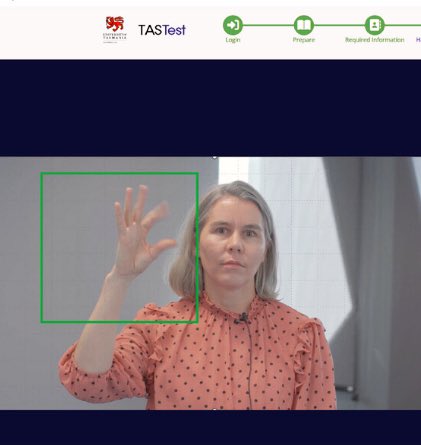
As National Science Week (12-18 August) approaches, it's a perfect time to celebrate the remarkable scientific advancements that have shaped our understanding of the world and improved our quality of life. This annual event highlights the importance of science, technology, engineering, and mathematics (STEM) and recognises the contributions of scientists who drive innovation and discovery.
Global scientific breakthroughs
In recent years, the global scientific community has achieved numerous breakthroughs that have significantly impacted various fields. The rapid development of COVID-19 vaccines, utilising mRNA technology, stands out as a landmark achievement. This innovative approach has helped control the pandemic and opened new avenues for treating other diseases.
Another significant breakthrough is the CRISPR-Cas9 gene-editing technology, which allows precise DNA modification. This revolutionary tool has potential applications in treating genetic disorders, improving crop resilience, and combating climate change by modifying carbon-capturing plants.
Local research impact: Royal Hobart Hospital Research Foundation
The Royal Hobart Hospital Research Foundation has been at the forefront of funding innovative research projects contributing to significant scientific advancements. Here are some notable studies funded right here in Tasmania by the Foundation.
Advances in neonatal care: Professor Peter Dargaville's research on minimally invasive surfactant therapy for preterm infants on continuous positive airway pressure has revolutionised neonatal care. This method has significantly improved preterm babies' survival rates and long-term health outcomes.
Breakthroughs in dementia detection: At the Wicking Dementia Research and Education Centre, Associate Professor Jane Alty and her team have been pioneering new methods for early detection of neurological conditions. One notable project involves using tremor analysis as a pre-cognitive test for dementia risk, which could lead to earlier and more accurate diagnoses, crucial for effective management and treatment.
Innovative approaches to stroke treatment: Dr Dino Premilovac's project explores the use of ultrasound to increase drug delivery to the brain, potentially reducing brain damage after a stroke. This cutting-edge research could significantly improve recovery outcomes for stroke patients and reduce the long-term impact of such events.
Cancer research and immunotherapy: Dr Andrew Flies is leading research on rapid antibody development for improved cancer immunotherapy diagnostics. This innovative approach aims to enhance the effectiveness of cancer treatments by developing more precise and responsive diagnostic tools.
Prostate cancer biomarker research Dr Liesel FitzGerald's work on creating a clinical and biospecimens resource for prostate cancer biomarker research in Tasmania paves the way for personalised medical approaches. This research could lead to more effective and targeted treatments for prostate cancer, improving survival rates and patient outcomes.
Exploring the genetics of multiple sclerosis Professor Bruce Taylor's research on modulating multiple sclerosis (MS) relapse risk by genetic variations in the LRP2 gene is another groundbreaking study. This research seeks to understand how genetic factors influence the course of MS, which could lead to new strategies for managing this debilitating condition.
National Science Week is not just about celebrating past achievements; it's also about looking forward to the future. The innovative research funded by the Royal Hobart Hospital Research Foundation demonstrates how local efforts contribute to global scientific progress. By supporting groundbreaking studies, we can look forward to a future where science and technology play an even more significant role in improving our lives and addressing the challenges of tomorrow.
You can support pioneering research taking place right here in Tasmania by donating online or calling the Foundation's office on (03) 6166 1319.